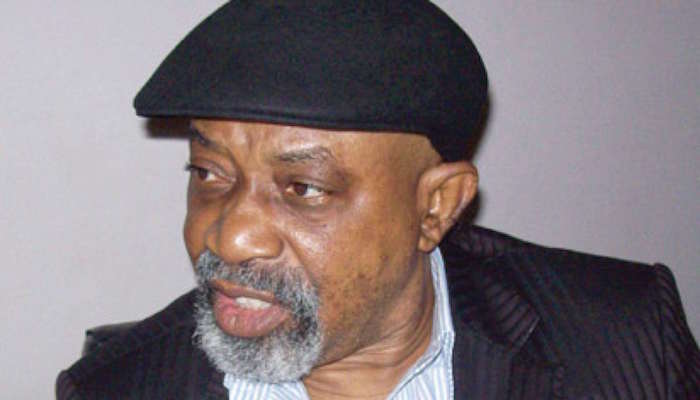The Nigerian Minister of Labour and Employment, Senator Chris Ngige, has disclosed that the new national minimum wage of N30,000 has become effective since April 18, stressing that state governments and employers yet to commence payment by the end of May 2019 should consider themselves already in deficit and must pay all arrears.
The Minister reportedly disclosed this to journalists in Abuja, further noting that arriving at the new minimum wage was a tortuous and excruciating journey, and stating the only thing delay full implementation is budget approval.
“Every state government is now owing their workers if they have not started paying N30,000. They are owing workers effective from 18th of April, the new minimum wage.”
Implementation not negotiable – There have been speculations of uncertainties surrounding the implementation of the new N30,000 minimum wage. Analysts have stressed that going by the antecedents of several states and the obvious low Internally Generated Revenue (IGR), it is unlikely for full implementation of the minimum wage.
However, Ngige cleared the air and addressed claims of agitations of state governors not ready to pay the new wage, the minister stressed that the National minimum wage law is now a national law and no governor can say he would not pay.
“The Issue of the national minimum wage is item 34 on the exclusive legislative list of the third schedule of the Nigerian constitution. Issue of labour is also there and not on the concurrent list. If it is on the concurrent list, then they can make their own state Assembly laws on that.”
Also, Ngige stated that the consequential effects of how the wage adjustment will affect other cadres of the workforce are already being discussed as a committee is already set up to design a new salary template.
“We are now in a committee working out a new template with which we will adjust upward the consequential adjustment for those already earning above N30,000. The minimum wage is for the most vulnerable down the ladder and that is the man on grade level.”
Implementation bottleneck – The minister further emphasized that some employers in the private sector adjusted immediately to the new minimum wage due to the ease of adjustment. However, Ngige further noted that in the government sector, the bureaucracy and bottleneck of government are responsible for the delay.
“You know that you must budget for it. That is what is causing the delay. But whenever the encumbrances are removed, they will pay arrears with effect from 18th April 2019. So, the sooner an establishment starts paying, the better for you so that you don’t take a huge backlog that you cannot take.”
Warning to Governors – Ngige stressed that state governments should be careful not to make the same mistake they made after the N18,000 minimum wage was passed.
“In 2011, there was a mistake in the consequential adjustment in some states when they applied the principle of percentage increase across the board and they ran into trouble and were unable to pay.”
Meanwhile, the minister noted that the new N30,000 translates into is a 67% increase. Hence, if a state government apply the same 67% increase across the board, there will be serious trouble which will result in trade disputes across states.
